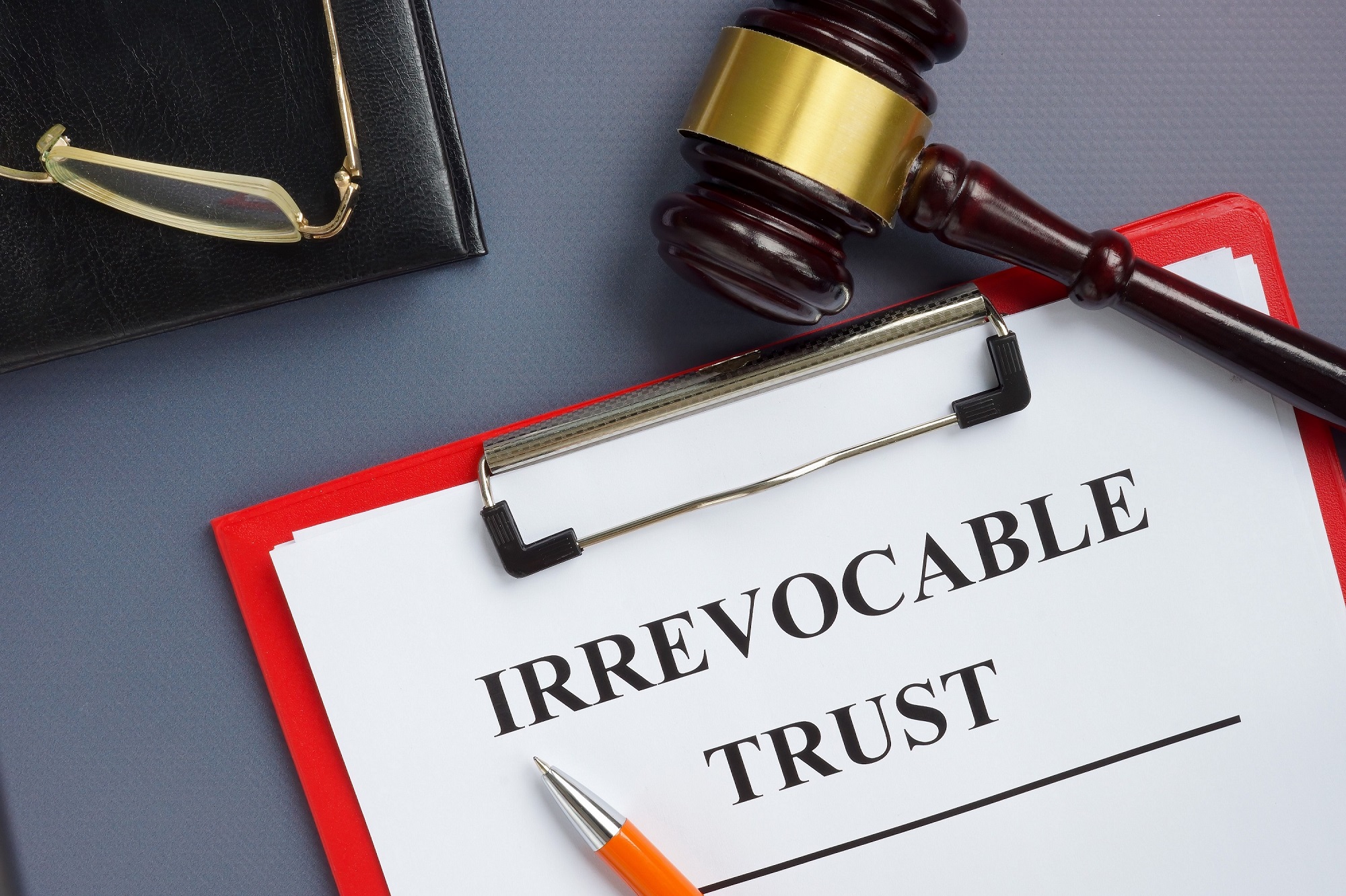I Am A Beneficiary Under A Will But I Have No Idea What Is Going On With The Estate, What Can I Do?
It is an all too common scenario - someone is aware that a friend or relative who passed away made a provision for them in their Will, but they are completely in the dark about precisely what they are entitled to receive and when they will receive it.
The first step in the administration of any estate in New Jersey is that the decedent’s Will must be probated. Probate is the process by which a Will is proven to be a valid document and through which the appointment of a Personal Representative (also commonly known as Executor) of the estate is appointed. In New Jersey, probate is an extremely simple process that is handled by County Surrogate Courts. Once a Will is probated, the Personal Representative has 60 days to send each beneficiary a notice that indicates when and where the Will was probated and that they are entitled to a copy of it.
So now you have a copy of the Will, but you don’t know what the estate consists of, and the Personal Representative is being less than forthcoming. New Jersey law allows a beneficiary to compel an inventory and appraisal of estate assets three months after the Will is probated. But remember, the inventory will consist only of estate or “Probate Assets.” Those are assets titled solely in the decedent’s name (as opposed to jointly with one or more other people) that do not pass by beneficiary designation. Assets that pass by beneficiary designation include IRAs, 401(k)s, annuities, life insurance and pensions. They also include bank or brokerage accounts that designate a “Pay-on-Death” or “Transfer-on-Death” beneficiary or beneficiaries. Assets passing outside of the Will are known as “Non-Probate” assets.
A year after the Will has been probated, a beneficiary can demand an accounting of each transaction the Personal Representative has engaged in on behalf of the estate. Again, that accounting will relate solely to Probate Assets, not Non-Probate Assets. The accounting can be formal or informal. A formal accounting is filed with the court and subject to an “audit” process by the Surrogate (which carries a fee based on the amount of assets in the estate) and then subject to approval by a Judge. Each beneficiary has the right to object to the accounting by filing what are known as “Exceptions” to the accounting with the court. An informal accounting is not filed with the Court and serves as an alternative where all beneficiaries are willing to accept it.
In extreme circumstances, a Personal Representative’s conduct may rise to the level that warrants his or her removal. Such conduct might include: (1) refusing to file an inventory or accounting after being ordered to do so by the court; (2) wasting or misapplying the estate assets with which the Personal Representative has been entrusted; or (3) neglecting or refusing to proceed with the administration of the estate and perform the required duties of a Personal Representative. In that circumstance, a new Personal Representative would be appointed by the court.
If you have any questions about this post or any other matters, please contact me at jjcostellojr@nmmlaw.com.




